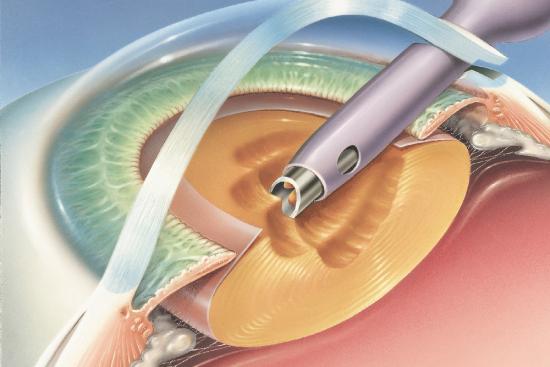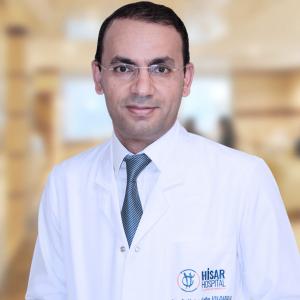Imagine waking up and noticing that the world around you has become blurry or cloudy. Reading, recognizing faces, or enjoying everyday activities becomes a challenge. This is the reality for millions of people affected by cataracts, one of the leading causes of vision loss worldwide.
Although there is no medical treatment that can stop the progression of cataract, cataract surgery, a procedure well mastered in Turkey, offers an effective solution. The cloudy crystalline lens is replaced with an artificial intraocular lens, restoring clear vision.
Prices of the operation in Turkey
Cataract surgery costs can vary depending on the type of procedure, the choice of intraocular lens, and the clinic or hospital. Turquie Santé offers high-quality eye care at more affordable prices compared to many countries, making it an attractive option for international patients.
Typically, the price covers:
- Surgeon's fee: the expertise of a certified ophthalmologist.
- Operating room and facility costs: sterile environment, equipment, and medical staff.
- Intraocular lens (IOL), depending on your needs.
- Post-operative care: follow-up visits and medications.
Request a free consultation today to receive a personalized quote tailored to your vision needs and the best lens option for you.








